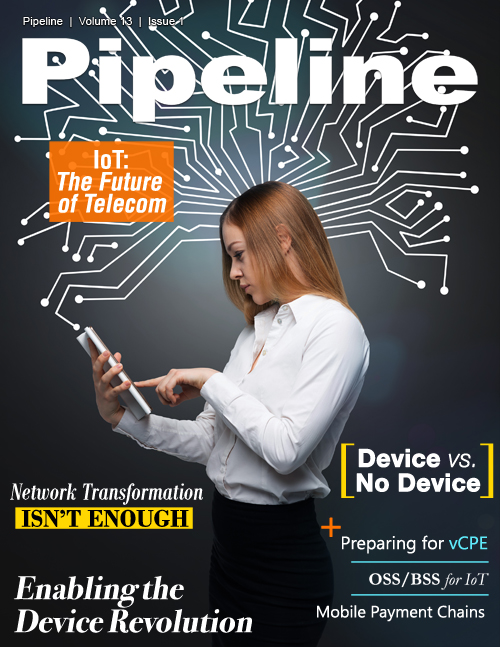Device or No Device
And there are changes coming to the mobile device. Soon IoT devices will outnumber mobile phones as endpoints for network services. Many of these IoT devices will follow 5G network standards for their links. This exponentially increases the number of different device types that must be serviced. It just does not make sense to support more than a few select instances of services that Telco’s can again help get off the ground. Group services such as metering and smart cities fall here. But this is a transition market that will go just like the mobile phone did. CSPs should plan their involvement as extending for a finite time with a controlled exit.
Who is in control?
Increasingly, those with the biggest stakes in how the phone works will start to demand more say in the capabilities of those devices. Mobile carriers are no longer the main stakeholders driving the capabilities and features of smartphone devices.
If you have an Apple phone, it is quite clear that the character of the phone is determined by Apple. Apple involves its hardware contractors, for sure, in developing new capabilities. Perhaps even more important to Apple is its own development team and the thousands of app developers and service providers who supply new apps to the Apple store. Users? Sure, everyone knows that Apple listens to customers: they do that at the same time as they subtly help the customers understand what they really want, which is Apple gear they never thought of until Apple announced, this is the next good idea.
Microsoft, on a smaller scale, follows the Apple model, mostly. But mobile service providers? Today CSPs don’t get as much of a say with Microsoft and Apple as they perhaps once had.
Google is different, for now. Every phone manufacturer tweaks the Android operating system in ways that make sense to that manufacturer. Then they add a heap of manufacturer-specific software. Then the manufacturers talk to the mobile carriers and deliver a custom version to them, complete with even more pre-loaded carrier-specific software baggage. The consumer who wants a current OS Android phone seriously considers the mobile operators store, because seven hundred dollars is still a pretty step entry price for a phone. Yet with the cross over to phone leasing instead of subsidized phone lock in, smart consumers are considering unlocked device buys.
So it now seems that Google is gradually coming to the opinion, guided by many polite customer comments, that this freedom for supply chain augmentations has become unhelpful anarchy. There are now signs that Google is moving to take more control and will invest money, time, and effort in creating a Nexus phone that is pure Android. An idea that some greet with enthusiasm and others with concern. Other vendors like Moto and Asus are marketing near clean unlocked Android systems. If Google goes this way, it is a sign that the highly-controlled model adopted from the outset by Apple might be adopted by all manufacturers.
If so (and at this point it’s a big if) , could mean the end of carrier exclusives? An end of anything special that carriers can offer to their paying customers to bring them into the carrier’s dedicated stores to buy devices? The ability of CSPs to negotiate special deals and exclusives on smartphones is likely to diminish as power gravitates further towards the OS companies. Perhaps running a modern digital network, with a high cost of entry for competitors and rather high customer reluctance to change network providers ... maybe that’s not such a bad business to focus on, after all.
This does not mean that mobile carriers will rapidly move to clear their stocks of smartphones and quit the business. On the contrary, Telcos will remain a channel to market for smartphones for some time to come. The big change will be that they will have to assess their product sales differently, and make a business decision to continue as a more conventional retailer. Their reduced ability to use smartphone products to leverage network contracts and enforce customer loyalty will be a factor, plus they will have to work harder to negotiate specials and exclusives. Already we see many customers heading to the Telco store with their brand new independent purchase in hand to get a SIM card and some expert advice in setting up the in-hand phone. This is good. Supplying expertise in aid of connecting to our network is a distinct gold brand service.
Our conclusion: it is time for service providers to start planning for the detachment from supplying devices. But whether they sell devices or not, the CSPs will still have to deliver technically great networks with fine customer service. Carrying bits is an honorable business, big business, and doing it right will keep those customers coming back, bringing their smartphones with them.



















